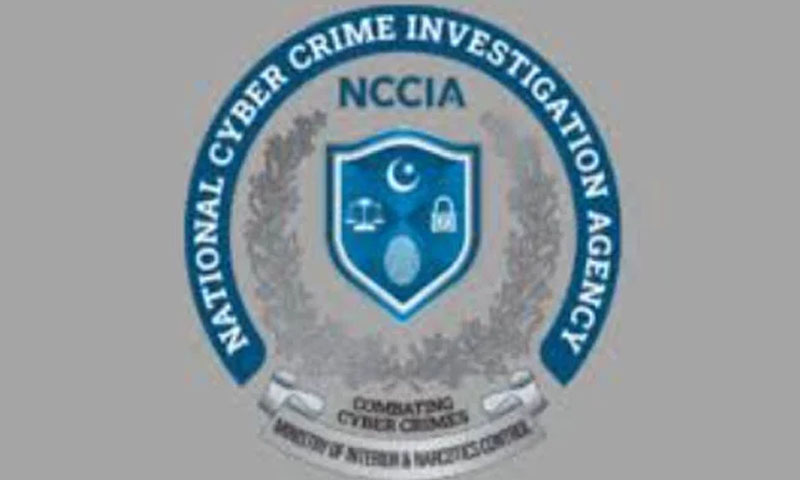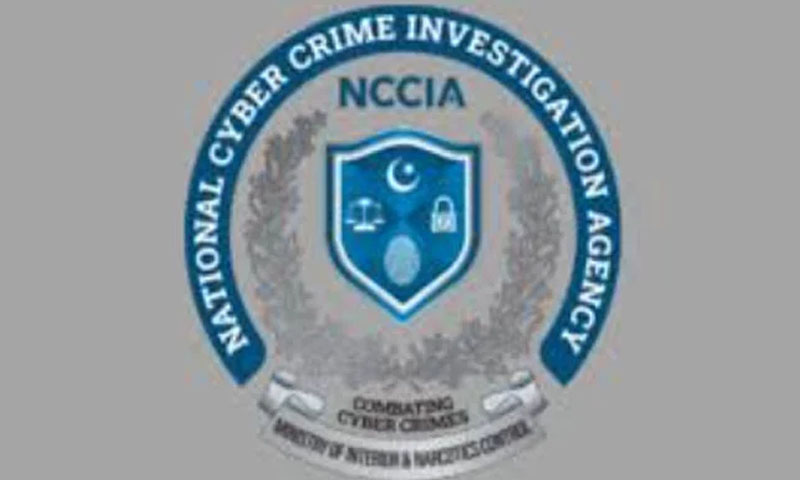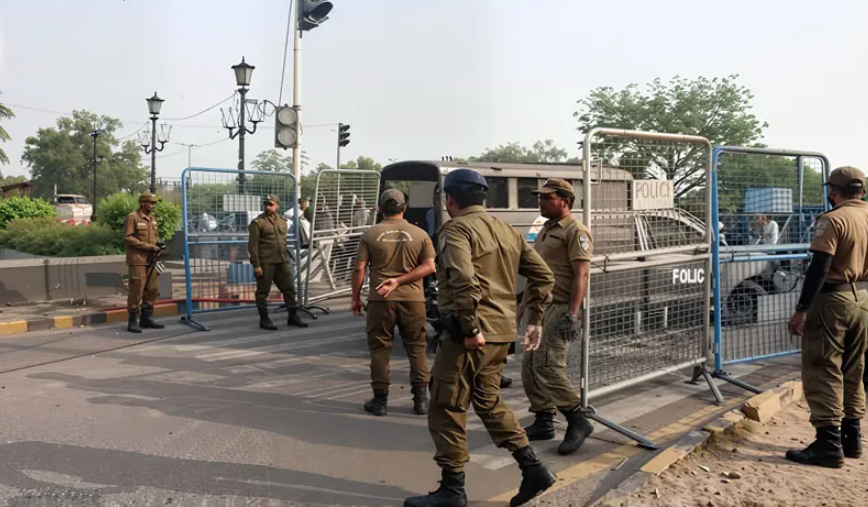LEGAL

The National Cyber Crime Investigation Agency (NCCIA) has arrested two suspects allegedly involved in running a network linked to India’s intelligence agency RAW during a targeted operation in Karachi, officials confirmed on Saturday.
According to an NCCIA spokesperson, the operation was conducted in collaboration with other intelligence agencies based on credible intelligence reports. The suspects were found transferring sensitive information about key installations in Pakistan through social media platforms.
During the raid, mobile phones, digital devices, and evidence of financial transactions were recovered from the accused, which are now undergoing forensic examination. Preliminary analysis has reportedly uncovered further proof of espionage activity and links to foreign handlers.
“The arrested individuals were part of a coordinated network aimed at compromising Pakistan’s national security through digital means,” the NCCIA said in a statement. “Our cyber forensics team has successfully traced several online communication channels used for data transfer.”
Authorities have registered cases under the Pakistan Penal Code (PPC) and the Prevention of Electronic Crimes Act (PECA). The NCCIA has expanded the scope of its investigation as more arrests are expected in the coming days.
The agency reaffirmed its commitment to defending Pakistan’s digital sovereignty, stating: “We are fully committed to protecting the nation’s cyber borders. Any attempt—foreign or domestic—to destabilize Pakistan through digital espionage will be met with strict legal action.”
The arrests come amid increasing cyber threats and cross-border digital infiltration attempts, highlighting the need for stronger cybersecurity coordination among national agencies.




